Microsoft complies with DMA, introduces easy Edge removal and more to Windows 10 & 11
DMA-compliant versions to be rolled out for EEA users by April'24
3 min. read
Published on
Read our disclosure page to find out how can you help Windows Report sustain the editorial team. Read more

Microsoft is the latest company to announce changes to its native OS, Windows, in a bid to comply with the DMA (Digital Markets Act) in the EU, a law that tends to ensure fair competition and prevents giant corporations from creating a monopoly-like situation.
The changes apply to both Windows 10 and Windows 11, the two most popular iterations of OS. Even in the recent updates to Windows 11, Microsoft has been careful to include DMA-compliant features.
What changes is Microsoft making in response to DMA?
In the official blog post, Microsoft highlights how it has always been supportive of third-party developers, even before DMA came into effect, allowing them to deploy applications and app stores on Windows without any interference.
Besides, developers enjoy a direct commercial relationship with users, letting them choose the preferred lost-cost payment options and other critical services, even if it’s outside the Windows ecosystem.
The changes to Windows for DMA-compliance include:
- You can now uninstall Edge and Bing web search using the built-in settings. Earlier, the option was greyed out.
- Third-party web search application developers can now utilize the Windows search box in the taskbar using the instructions provided by Microsoft and choose any web browser to show results from the web.
- Microsoft will no longer sign-in users to Edge, Bing, and Microsoft Start services during the initial Windows setup experience.
- Data collected about the functioning of non-Microsoft apps, primarily bug detection and its effects on the OS, from Windows PCs will not be used for competitive purposes.
- Microsoft, from now on, will need explicit user consent before combining data from the OS and other sources. It will also deliver new consent screens where required.
These changes are only applicable to users in the EEA. For those outside the region, Windows will continue to function as it is!
The Redmond-based tech giant has already started rolling out the DMA-compliant versions of Windows to users in the EEA (European Economic Area). To get it right away, simply turn on the Get the latest updates as soon as they’re available feature in the Windows Update settings.
After these are reviewed, the European Commission will host a workshop on March 26, 2024, from 13:00 to 18:00 hours (CET) to allow developers to clarify any concerns or share their feedback on the changes.
While Microsoft has abided by the rules of the DMA, other tech giants weren’t too enthusiastic about it. Earlier, Apple had a tussle with the EU over DMA and the Cupertino-based tech giant was slapped with a fine to the tune of $2 billion.
Do you believe these changes should be rolled out to users worldwide? Share with our readers in the comments section.
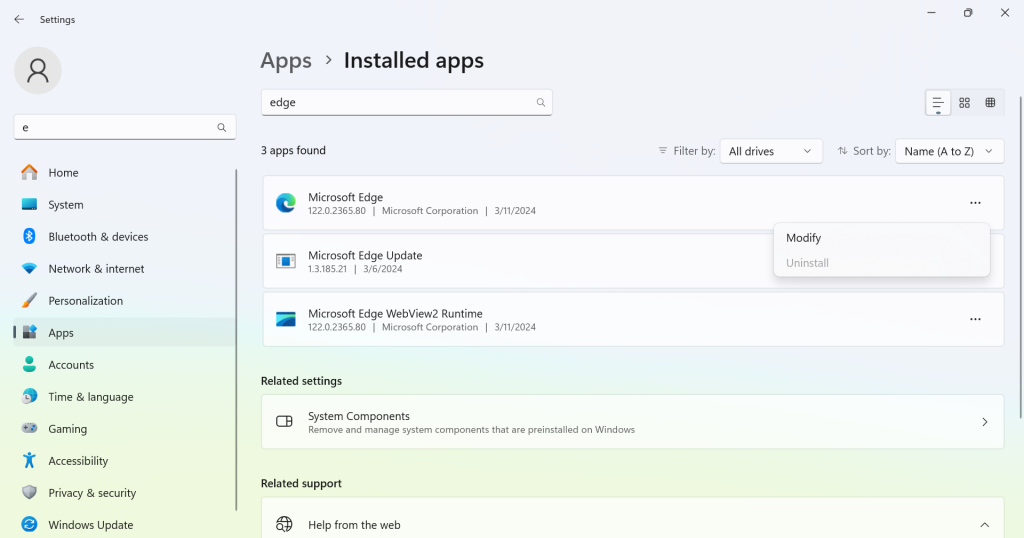
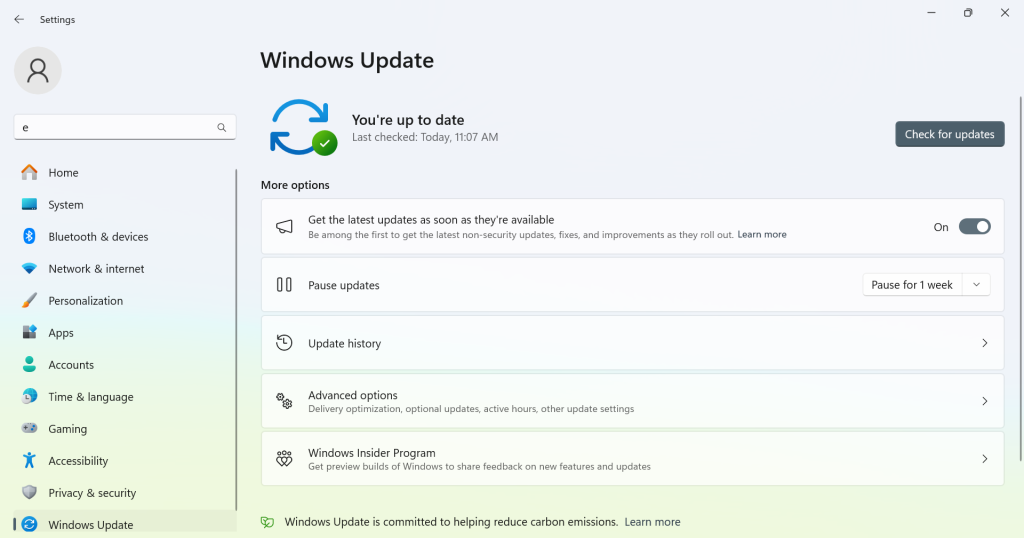



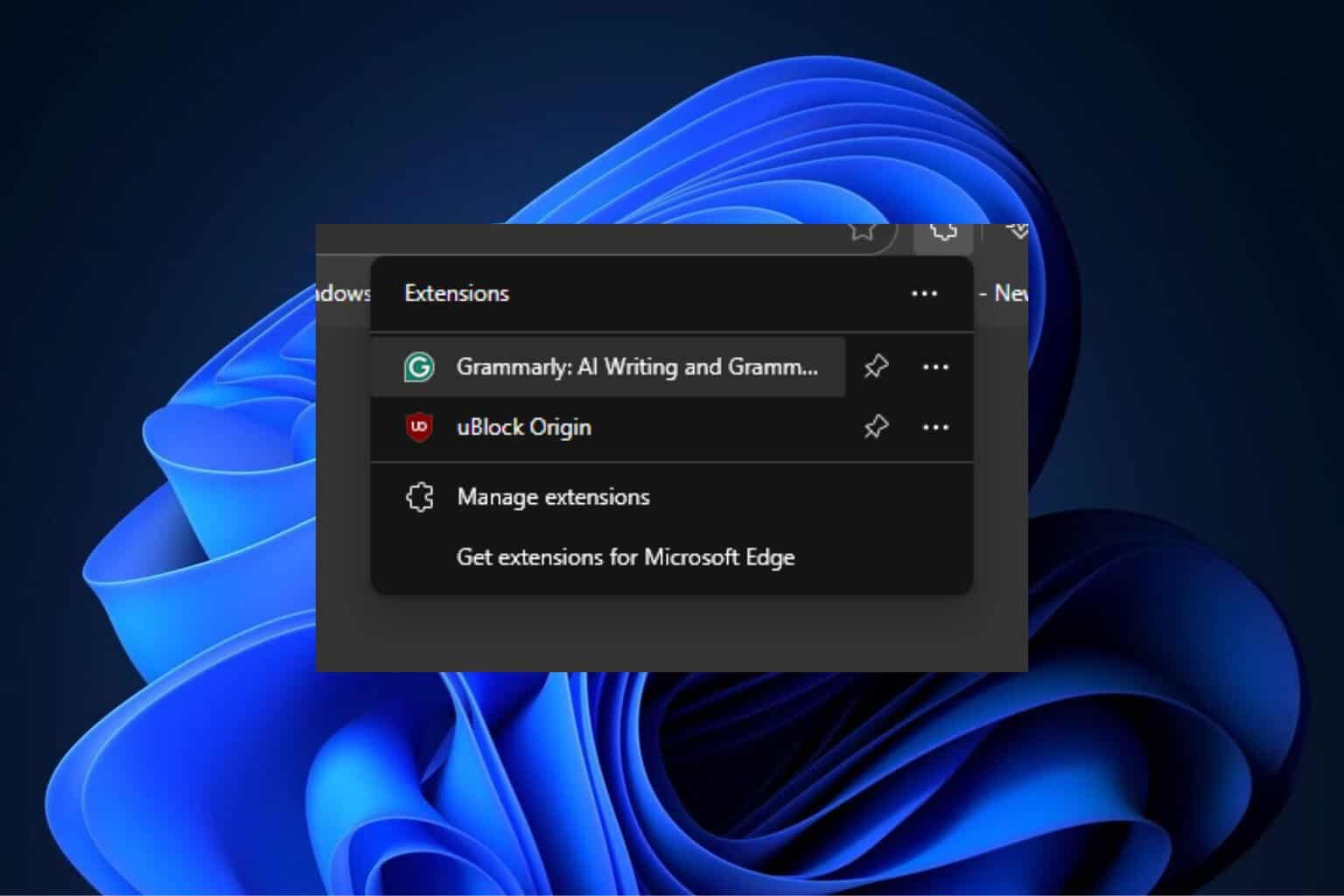


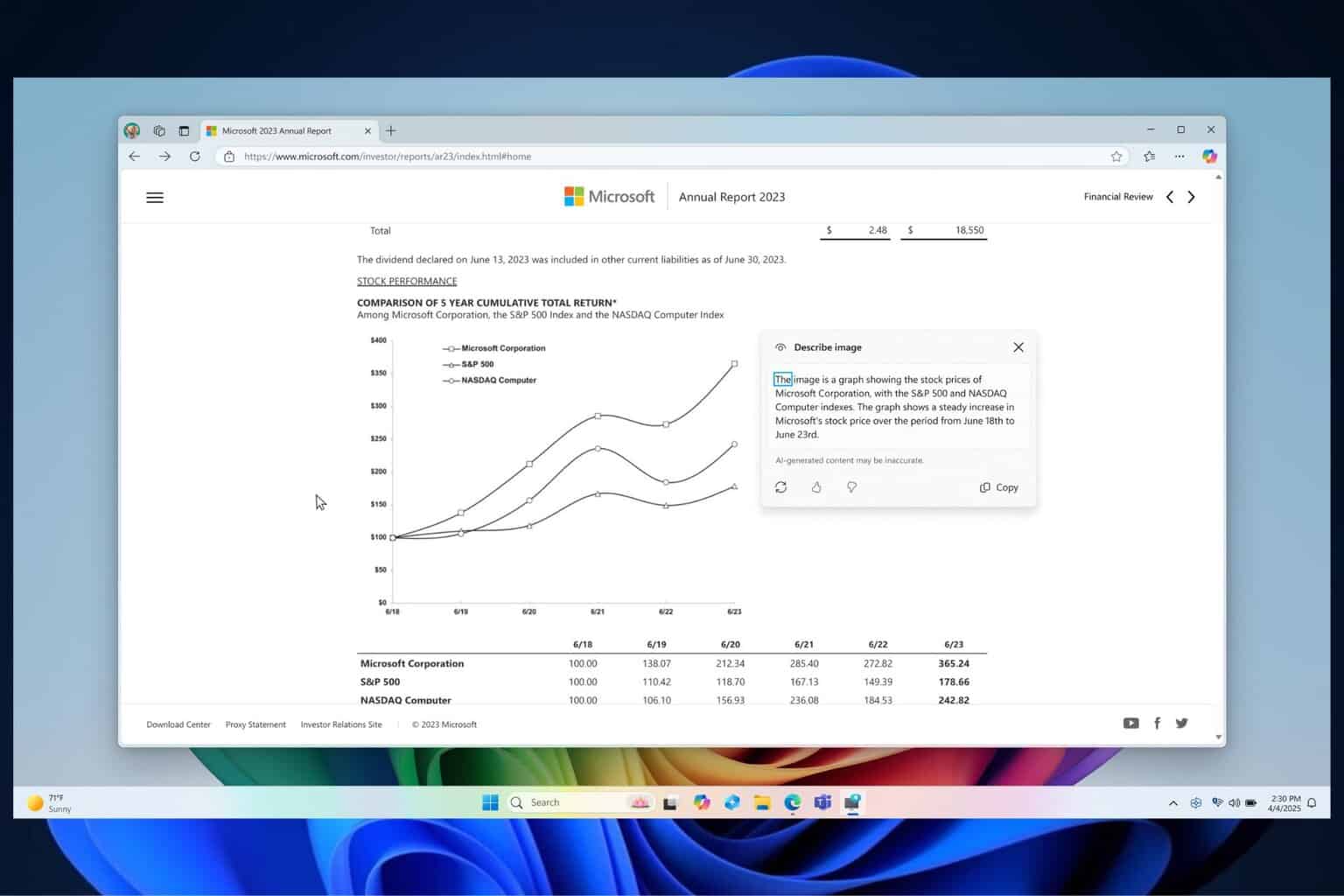
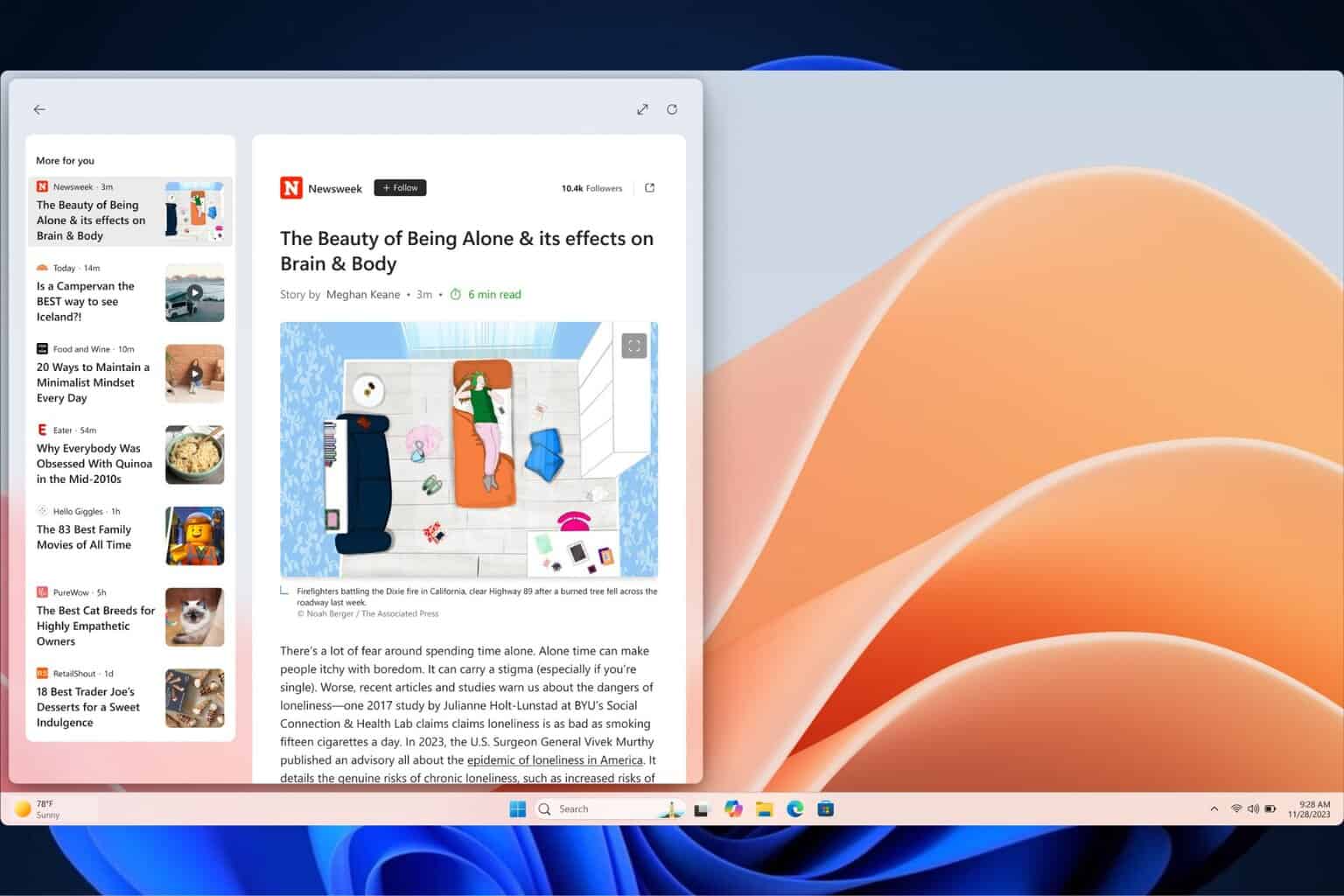
User forum
0 messages